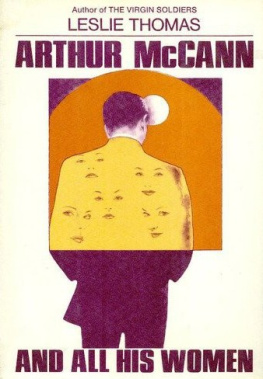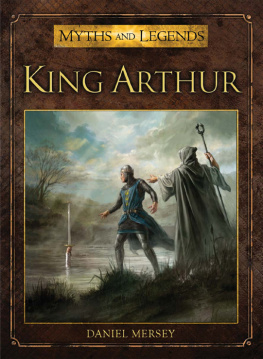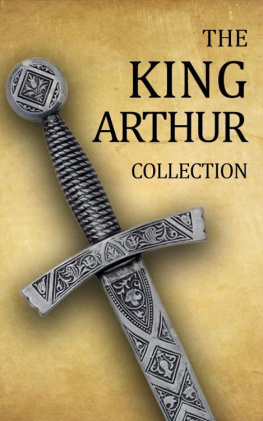Arthur Thomas Malkin - Historical Parallels, vol. 1 (of 3)
Here you can read online Arthur Thomas Malkin - Historical Parallels, vol. 1 (of 3) full text of the book (entire story) in english for free. Download pdf and epub, get meaning, cover and reviews about this ebook. year: 2020, publisher: Library of Alexandria, genre: Detective and thriller. Description of the work, (preface) as well as reviews are available. Best literature library LitArk.com created for fans of good reading and offers a wide selection of genres:
Romance novel
Science fiction
Adventure
Detective
Science
History
Home and family
Prose
Art
Politics
Computer
Non-fiction
Religion
Business
Children
Humor
Choose a favorite category and find really read worthwhile books. Enjoy immersion in the world of imagination, feel the emotions of the characters or learn something new for yourself, make an fascinating discovery.

- Book:Historical Parallels, vol. 1 (of 3)
- Author:
- Publisher:Library of Alexandria
- Genre:
- Year:2020
- Rating:4 / 5
- Favourites:Add to favourites
- Your mark:
- 80
- 1
- 2
- 3
- 4
- 5
Historical Parallels, vol. 1 (of 3): summary, description and annotation
We offer to read an annotation, description, summary or preface (depends on what the author of the book "Historical Parallels, vol. 1 (of 3)" wrote himself). If you haven't found the necessary information about the book — write in the comments, we will try to find it.
Historical Parallels, vol. 1 (of 3) — read online for free the complete book (whole text) full work
Below is the text of the book, divided by pages. System saving the place of the last page read, allows you to conveniently read the book "Historical Parallels, vol. 1 (of 3)" online for free, without having to search again every time where you left off. Put a bookmark, and you can go to the page where you finished reading at any time.
Font size:
Interval:
Bookmark:

PARALLELS
CHARLES KNIGHT & Co., LUDGATE STREET.
1846.
PRINTED BY WILLIAM CLOWES AND SONS,
STAMFORD STREET.
| Page |
| Introduction |
| CHAPTER I. |
| Mythic period of Grecian historySavage state of Greece compared with that of ScandinaviaAnecdotes of Northern warriorsHerculesTheseusState of Greece in their time, illustrated by that of England subsequent to the ConquestArgonautic expeditionTheban warStory of Don Pedro of CastileTrojan war |
| CHAPTER II. |
| AristomenesHereward le WakeWallace |
| CHAPTER III. |
| Treatment of Prisoners of WarCrsusRoman TriumphsSapor and ValerianImprisonment of BajazetHis treatment of the Marshal Boucicaut and his CompanionsChanges produced by the advance of CivilizationEffect of Feudal InstitutionsAnecdote from FroissartConduct of the Black Prince towards the Constable Du Guesclin and the King of France |
| CHAPTER IV. |
| Tyranny of Cambyses, terminating in madnessof Caligulaof the Emperor Paul |
| CHAPTER V. |
| Early changes in the Athenian constitutionMurder of CylonFatalismUsurpation of PisistratusHis policyHippias and HipparchusConspiracy of Harmodius and AristogitonExpulsion of HippiasCosmo de Medici, Lorenzo and Giuliano de MediciConspiracy of the Pazzi |
| CHAPTER VI. |
| Invasion of Scythia by DariusDestruction of Crassus and his army by the ParthiansRetreat of AntonyRetreat and death of JulianRetreat from Moscow |
| INDEX |
Font size:
Interval:
Bookmark:
Similar books «Historical Parallels, vol. 1 (of 3)»
Look at similar books to Historical Parallels, vol. 1 (of 3). We have selected literature similar in name and meaning in the hope of providing readers with more options to find new, interesting, not yet read works.
Discussion, reviews of the book Historical Parallels, vol. 1 (of 3) and just readers' own opinions. Leave your comments, write what you think about the work, its meaning or the main characters. Specify what exactly you liked and what you didn't like, and why you think so.




